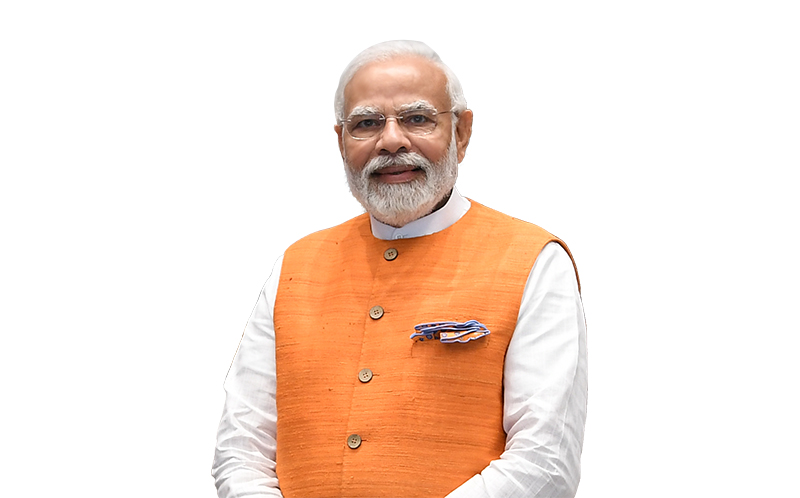New Delhi: Prime Minister Narendra Modi announced India’s contribution of $7.5 million to the ‘Quad Cancer Moonshot’ initiative. This announcement was made during the sixth Quad Leaders’ Summit, held in Wilmington, Delaware.The ‘Quad Cancer Moonshot’ initiative, spearheaded by the Quad nations – the United States, India, Japan, and Australia – aims to enhance cancer prevention, detection, and treatment across the Indo-Pacific region. The initiative focuses on cervical cancer, a major health concern in many developing countries.Prime Minister Modi emphasized India’s commitment to the vision of ‘One Earth, One Health’. He highlighted that the contribution would be used for sampling kits, detection kits, and vaccines. Additionally, India will provide 40 million doses of the cervical cancer vaccine to Indo-Pacific countries under the GAVI and Quad programs.“Collaboration is essential for curing cancer. An integrated approach of prevention, screening, diagnosis, and treatment is necessary to reduce the burden of cancer,” said Modi. He also noted India’s efforts in running a cost-effective cervical cancer screening program and developing its own vaccine for the disease.The Prime Minister praised President Biden for organizing the event andunderscored the importance of affordable, accessible, and quality healthcare. He also mentioned that India would support radiotherapy treatment and capacity building in the region.This initiative reflects the Quad’s human-centric approach, aiming to bring hope and improved healthcare to millions of people in the Indo-Pacific region. The leaders of the Quad nations reiterated their commitment to working together to address gaps in the cervical cancer care and treatment ecosystem.About the Quad Cancer Moonshot InitiativeThe ‘Quad Cancer Moonshot’ initiative is a collaborative effort by the Quad nations to tackle cervical cancer through innovative solutions and shared expertise. It aims to save lives by improving cancer care and treatment in the Indo-Pacific region.











